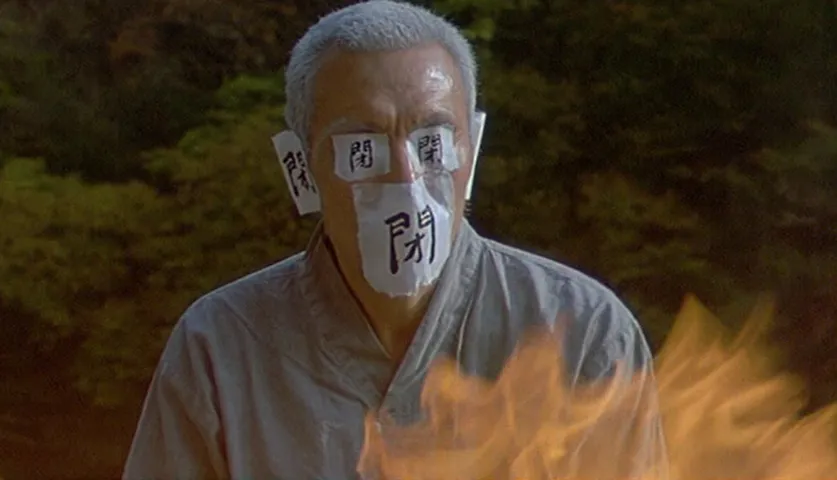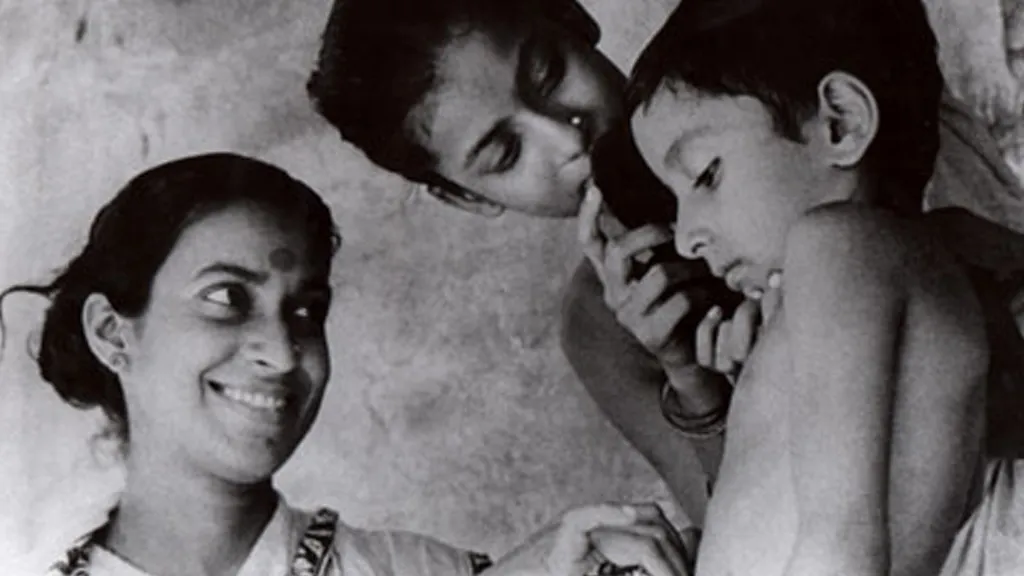Rashomon is another 1950 Japanese masterpiece by Akira Kurosawa. It follows an incident in which a bandit kidnaps, rapes a woman and later kills her Samurai husband in the jungle. The story is told in a total of four different perspectives- by the Bandit, the Samurai, the Woman and a Woodcutter.
That’s all to the film and in my opinion, it cannot be spoiled. Different people narrate the same story, the interesting part is everyone has their own version of the incident. The audience has to decide on their own who to believe. All the facts are presented in a way that it becomes impossible to discern who is speaking the truth.
The questions that came to my mind after thinking about this film for a long time is that the things that we think, are they really the fact of the matter? Everyone is right in their own minds but what is the actuality? Is it even possible to know that because people inadvertently speak the lie for which the reason can be anything? Can we even trust our own memories?
It is important to be aware of the social situations of Japan in order to understand and ponder upon this film properly. Social standards, stigmas, norms play a huge role in a person’s behaviour. The simplest non-threatening example of this is the use of words like ‘disabled’. Today the use of this word is a stigma, a person cannot be called ‘disabled’ because it is discriminatory. So the word ‘differently-able’ must be used. The use of words shapes how we look at people and things. When we call an animal, an animal- it is perfectly fine but calling a human being an animal is derogatory because it implies a plethora of things, like the person has no manners and/or is unfit to live in the society, etc. These things go much beyond just word usage. This is the realm of things not said, but understood and these things are social norms. I recommend the following video to understand this better.
Coming back to Japanese society, the era in which this film is the 12th century. Aristocratic women were mainly bound to their houses and were expected to do homely chores and be pretty. The beauty standards for aristocratic Japanese women were unproportionately high. They were expected to shave off their eyebrows and paint them back high up on the forehead. While men were busy fighting battles with each other. Basically, the point is that the modern standards of society did not apply in that era.
Anything in this film is speculation. After the incident, the samurai supposedly rejects the woman stating that she had been with two men, even it is was by no desire of her own. In another story, the woman begs the bandit to kill the samurai because it was too big a burden for her to live with the fact that she had been with two different men. In yet another story the woman pits the two men for a duel and states that and she will go wherever the victor takes her.
In the end, it’s a mishmash of different perspectives and the audience is left to ponder upon as to what happened. This intrigued me and led me to draw a parallel with the current scenario of the society. Particularly with the existence of multiple channels of receiving information, it is close to impossible to know the truth. Rashomon depicts this with the simplest form of communication- speech. Speech knowingly or unknowingly is deceptive. The use of particular words, their arrangement and the tone in which they are spoken determine what message is being conveyed. Then it needs to be processed by the receiver and understood. In modern society we have many more forms of receiving information- SMS, tweets, podcasts, videos, memes- the list is unending. This situation begs an important question that what we believe, think or act upon, does it really exist? Are we being deceived? Do we have all the facts, if we do, how are we sure about it? Supposedly we do have all the facts, then are we capable enough to discern them to the utmost extent? Every situation has a flipside, do we ever take that into consideration? Even if we do how are we even sure?
There is no way to know anything with 100% certainty and Rashomon depicts this masterfully. Everyone speaks what’s there in their own interest and it is up to us to believe that or not. In the end, it can only be hoped that what we believe is the truth because if it is not then there are unforeseen consequences, which can go out of hand.
Rashomon is such a powerful film that it makes a philosopher out of a regular dude like me. No wonder, Akira Kurosawa is an unparalleled master of cinema.



